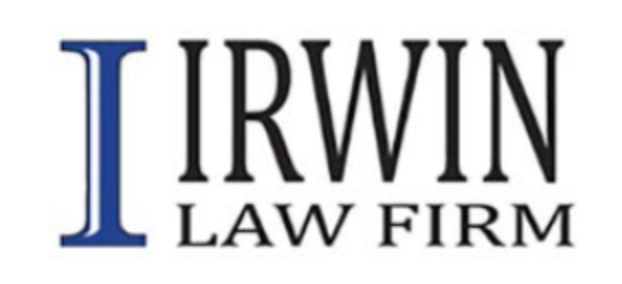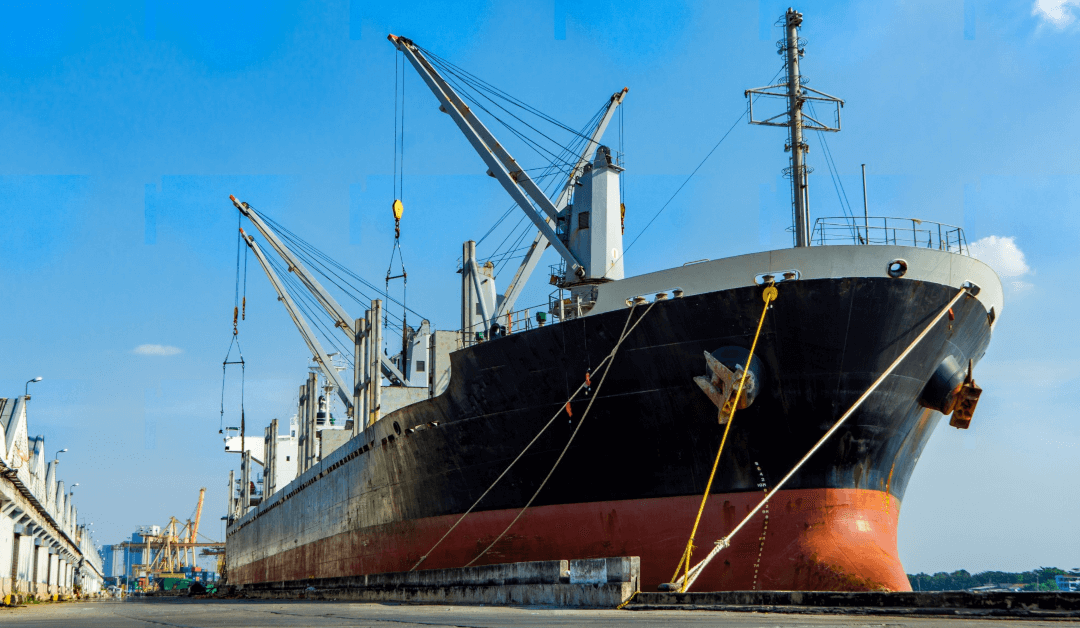The best way to deal with fires on board cargo ships is to have precautionary measures in place to prevent them from occurring in the first place. Despite the advances in technological resources, shipping accidents are on the rise, which makes marine safety a critical concern in today’s world. Prevention of fire hazards on cargo ships can be easily achieved when the seamen onboard are in an alert frame of mind and well-equipped to take the right actions. At Irwin Law Firm, in Miami, our admiralty lawyer, also called a boat accident lawyer, endeavors to educate seafarers of the dangers of sea travel and the transport of goods, as well as help those involved in ship-related injuries receive the full compensation they deserve. Today, we take a look at five of the most common fire safety measures on cargo ships.
Our Admiralty Lawyer Discusses Fire Safety Tips for Cargo Ships
While fires onboard cargo ships can be prevented by remedying leakages of fuel oil, it is the duty of the personnel aboard the vessel to ensure that the safety of the ship is taken seriously at all times. Here are five commonly encountered fire safety measures on cargo ships and how they work:
-
- Fire Retardant Bulkheads: A bulkhead is an upright wall within the hull of a cargo ship that provides an extra layer of fire protection for both the passengers and cargo. The purpose of a bulkhead is to act as a partition that divides functional areas into rooms, increase the structural rigidity of the vessel, and create structurally sound watertight compartments.
- Main Fire Pump and Emergency Power Pump: The main fire pump, which can be found on the majority of all cargo ships, is designed to bring in seawater from outside the vessel and extinguish developing fires onboard. An emergency power pump is also present on the ship to serve as an alternative fire protection device if the primary pump malfunctions.
- Firefighter’s Uniforms: Any vessel scheduled to be in navigation for an extensive period of time must be equipped with a minimum of 2 firefighter uniforms that meet the standards of safety boards. Certain seamen are mandated to have proper training in firefighting and fire prevention techniques to combat any fires that might develop onboard.
- Emergency Escape Breathing Device (EEBD): The International Maritime Organization Fire Safety Systems (FSS) code requires that emergency escape breathing devices are located aboard all cargo ships. An EEBD device consists of a hood, a face piece, and a cylinder of oxygen, which allows the wearer to escape a fire or gas leak safely.
- Means of Escape: A detailed means of escape needs to be mapped out in the event of a fire breaking out. The structural map should include escape routes, safe passages, ladders, and exit doors, and must be agreed upon by every crew member aboard.
Let Our Boat Accident Lawyer Fight for You!
If you are the victim of a personal injury at sea, you need the legal counsel of Irwin Law Firm. Our boat accident lawyer is dedicated to helping clients get the compensation they deserve under maritime law.
Contact Us
Located in Miami, FL, Irwin Law Firm has over twenty-five years of experience in maritime law. Contact our admiralty lawyer today for your initial consultation or to learn more about marine safety.

